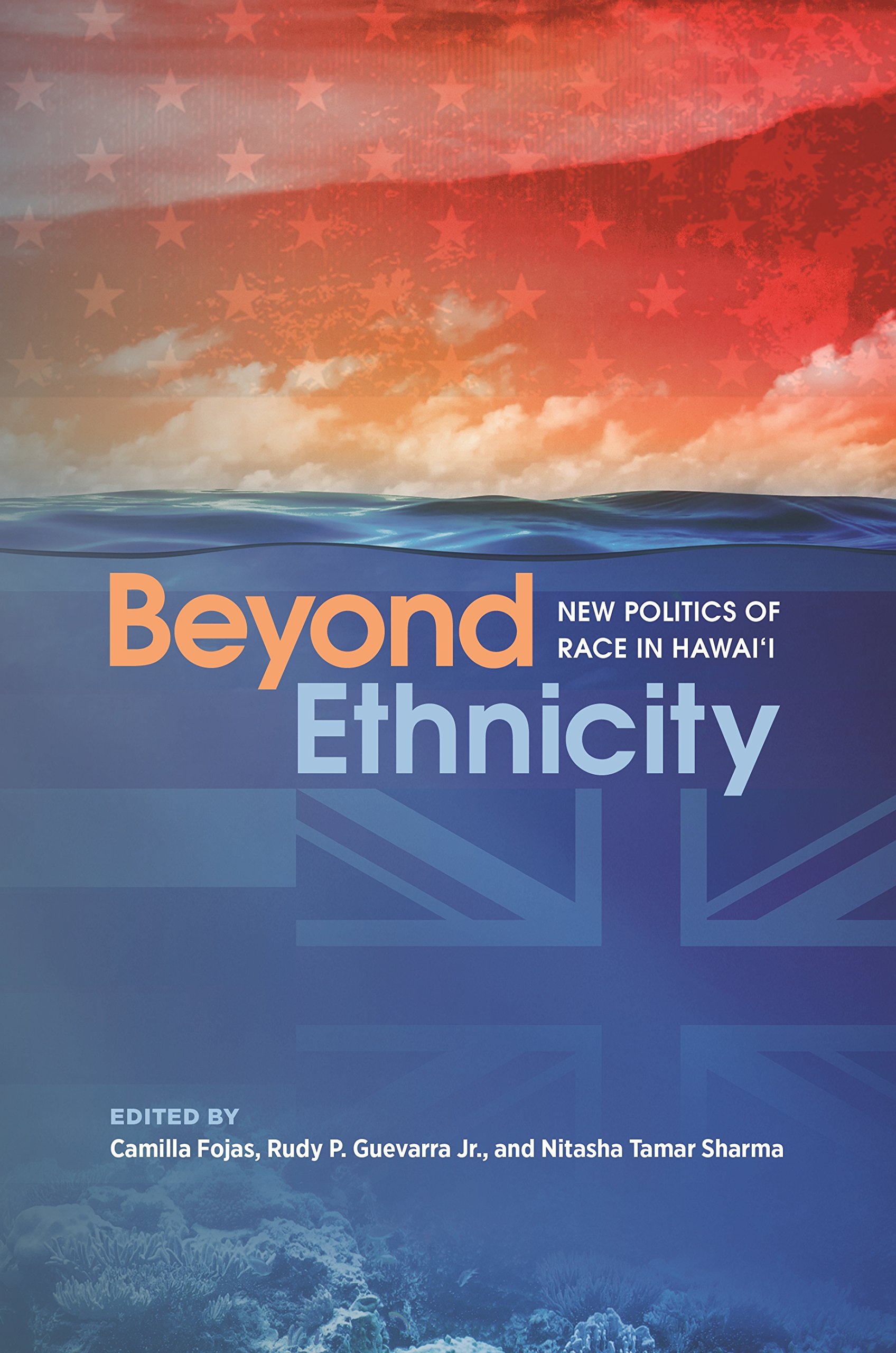Beyond Ethnicity: New Politics of Race in Hawaii
University of Hawai’i Press
March 2018
288 pages
1 b&w illustration
Cloth ISBN: 9780824869885
Edited by:
Camilla Fojas, Associate Professor in the Departments of Media Studies and American Studies
University of Virginia
Rudy P. Guevarra, Associate Professor of Asian Pacific American Studies
Arizona State University
Nitasha Tamar Sharma, Associate Professor of Asian American Studies and African American Studies
Northwestern University, Evanston, Illinois
Written by scholars of various disciplines, the essays in this volume dig beneath the veneer of Hawai‘i’s myth as a melting pot paradise to uncover historical and complicated cross-racial dynamics. Race is not the primary paradigm through which Hawai‘i is understood. Instead, ethnic difference is celebrated as a sign of multicultural globalism that designates Hawai‘i as the crossroads of the Pacific. Racial inequality is disruptive to the tourist image of the islands. It ruptures the image of tolerance, diversity, and happiness upon which tourism, business, and so many other vested transnational interests in the islands are based. The contributors of this interdisciplinary volume reconsider Hawai‘i as a model of ethnic and multiracial harmony through the lens of race in their analysis of historical events, group relations and individual experiences, and humor, for instance. Beyond Ethnicity examines the dynamics between race, ethnicity, and indigeneity to challenge the primacy of ethnicity and cultural practices for examining difference in the islands while recognizing the significant role of settler colonialism in the islands. This original and thought-provoking volume reveals what a racial analysis illuminates about the current political configuration of the islands and in so doing, challenges how we conceptualize race on the continent.
Recognizing the ways that Native Hawaiians or Kānaka Maoli are impacted by shifting, violent, and hierarchical colonial structures that include racial inequalities, the editors and contributors explore questions of personhood and citizenship through language, land, labor, and embodiment. By admitting to these tensions and ambivalences, the editors set the pace and tempo of powerfully argued essays that engage with the various ways that Kānaka Maoli and the influx of differentially racialized settlers continue to shift the social, political, and cultural terrains of the Hawaiian Islands over time.
